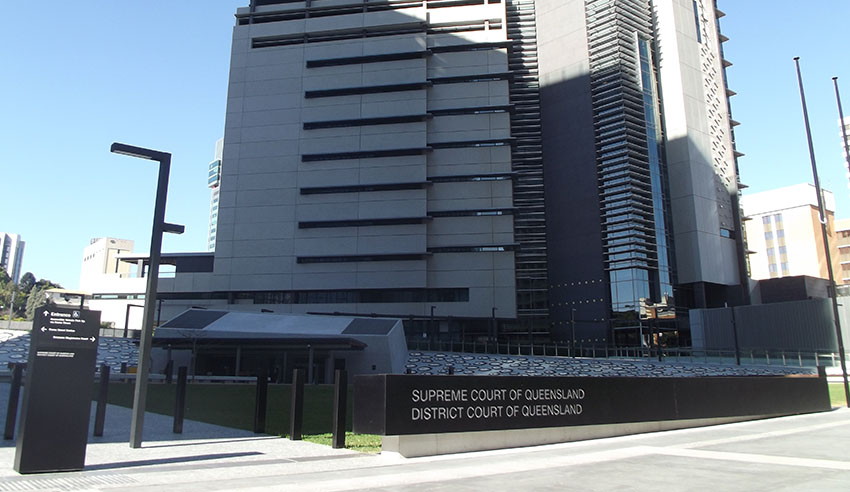Macpherson Kelley lawyers have shed light on a recent Supreme Court matter they say will set a “rare and vital precedent” for wills and estates going forward.

Macpherson Kelley, acting for clients Ian and Kerry Haddow, have seen success in the Supreme Court in relation to a wills and estates matter.
“Colin’s legal representative filed an Originating Motion within the statutory limitation period of six months from the Grant of Probate. Significantly, Colin’s legal team put the estate on notice of their client’s intention to make an application but failed to serve the Originating Motion which would have put the estate on notice that the Originating Motion had actually been filed within the statutory limitation period,” Macpherson Kelley said on the proceedings.
“Macpherson Kelley swiftly identified the opportunity to contest the precise wording of the notice, timing requirements of the APA and the very limited case law in this area.”
Appearing for Ian Haddow, Macpherson Kelley principal lawyer Joanne Hazeldene, associate Alanna Richmond and Teri Konstantinou of counsel said they needed to take a “bold approach to technical arguments”, which led to their success.
“We were watching the clock,” Ms Richmond said.
“Immediately upon the expiration of the limitation period, at 12.52pm we distributed the estate’s major asset (a property in regional Victoria) to Ian on the basis that we had only received notice of Colin’s intention to challenge the Will. Only an hour and 23 minutes later, we were notified that Colin’s Originating Motion had been filed.”
The firm noted that in her decision, Judicial Registrar Englefield ruled in favour of Ian, stating that “there is no real prospect that at trial it will be found that action lies against the defendants for having distributed the Property, on either of the plaintiff’s arguments regarding the effect of the Plaintiff’s First Letter under s 99A(3) of the Act.”
“[Given] the extremely small size of the remaining estate, there is no utility in this case proceeding any further,” Judicial Registrar Englefield said.
The matter, the firm said, serves as a rare and vital precedent for future litigation in the area.

Emma Musgrave (née Ryan) is the managing editor, professional services at Momentum Media.
Emma has worked for Momentum Media since 2015, including five years spent as the editor of the company's legal brand - Lawyers Weekly. Throughout her time at Momentum, she has been responsible for breaking some of the biggest stories in corporate Australia. In addition, she has produced exclusive multimedia and event content related to the company's respective brands and audiences.
Prior to joining Momentum Media, Emma worked in breakfast radio, delivering news to the Central West region of NSW, before taking on a radio journalist role at Southern Cross Austereo, based in Townsville, North Queensland.
She holds a Bachelor of Communications (Journalism) degree from Charles Sturt University.
Email Emma on: